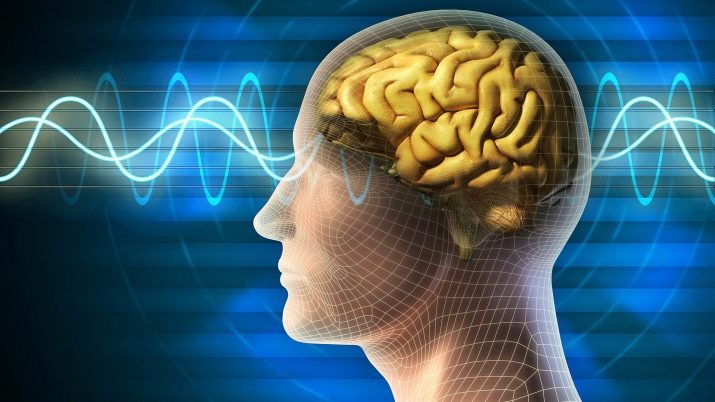Why do most of us remember bad events better than good ones? Why are some afraid of the dark, others - of the water, others - of the fire? Someone is ready to help at any moment, and someone will pass by the drowning man? Equally important is the fact that we feel or do not feel, has emotional memory.

Characteristic
Emotional memory helps to keep in the mind of a person everything that he experienced in a certain situation. Subsequently, this information becomes a signal to repeat the past, if the emotions experienced from this action in the past were positive or stop us from taking one action or another, if we did the same before, we experienced a negative.
Pavel Petrovich Bologsky - an outstanding teacher and philosopher of the last century, studying psychology, came to the conclusion that man perceives events that occur here and now much brighter. But nevertheless, having fallen into a situation similar to what happened before, he immediately receives a signal from the past, which forces him to stop or, conversely, to continue to do what was started by examples of the past. Wherein the brain archives such feelings as surprise, suffering, and fear especially clearly. And this applies not only to humans, but also to animals.
And it is this ability of the brain that helps them develop a sense of self-preservation.

How does it work?
An example is a dog that got under a car. After a traumatic situation, she will never appear next to the road. The same thing happens with people, only unlike animals such fear can lead not only to increased vigilance and caution, but even to seclusion. If a person in childhood often experienced negative emotions, and in particular fear, then in the future, most likely, he will become a fearful and distrustful individual.
Thus, emotional memory directly affects how a person arranges his life, both personal and social.

It turns out that the state of emotional memory is akin to an indicator of our ability not only to self-preservation, but also to sympathy, and to compassion - empathy. Although negative emotions may not carry dire consequences. For example, a man in childhood choked on a duck bone, his parents were so scared that they took the boy to the hospital. Everything worked out, but now an adult does not tolerate ducklings or goose flesh.
The consequences may be more significant. So, people who have experienced violence or bullying in childhood often limit their communication, cannot be realized in life, cannot feel compassion, participate in the troubles of others.
Therefore, it is important to develop a person’s innate responsiveness or emotional memory.

Development methods
Developing emotional memory is easy. It is important to do this from early childhood, to form a positive outlook on the world around the child, because not only will he become kinder, but he will also feel more confident. Remember, the more good memories a person has, the more successful his life is.
Here is a short list of tips that will surely help your baby in the future.
- Be more affectionate with your child, and not only when you have one, for which you should praise him, but constantly. Even when just walking. Pay his attention to beautiful things, talk about nature, birds, animals only in a positive way. Believe me, if every time you start to shudder when a dog appears and say that it is scary, your child is likely to become afraid, not only of domestic dogs, but also of other animals.
- Often please your child with kisses, “hugs”, make at least small nice gifts. Remember that the bad is remembered better, which means that you need to help fill the emotional memory with positive memories, not quality, but quantity.
- If a child is upset about something, try to erase or erase this feeling from his memory.. Think of ways to distract him. Go to the trick. For example, make a child believe that his failure is just an unnecessary piece of paper that is easy to throw away. At the same time, be sure to show him this piece of paper, tear and discard together. By the way, this trick also works with adults.
- Another similar way to get rid of negativity. Transfer your experiences or experiences of the child to some unnecessary item or even several items, wrap it or them in an unnecessary bag and take it to the bin.
- Spend the ball game. It resembles the well-known “Edible - Inedible”. Participants in a circle throw a ball to each other. The one who caught him should tell the rest about some event that brought him joy. Thus, he himself “cleanses” his emotional memory, and adjusts others to a positive wave.
- But if in childhood you still did not receive positive emotions, then fill your head with them yourself. Meditation is a method that has been tested for centuries. When you feel that “the world is unfair to you”, close your eyes and remember some good moment from your life. The first kiss, for example.
- Another way to meditate: close your eyes and transport yourself from gray autumn to the warm sea, even if you have not been there for a long time and are not going for a long time. Remember or even come up with the smell and color of the wave, you yourself will not notice how soon you will feel the breath of the sea breeze.

Read more. Having plunged into someone else's story, whether it is the story of a fictional character or a famous person, you will involuntarily forget about your worries and hardships.
And perhaps you will find answers to your questions in the book.












